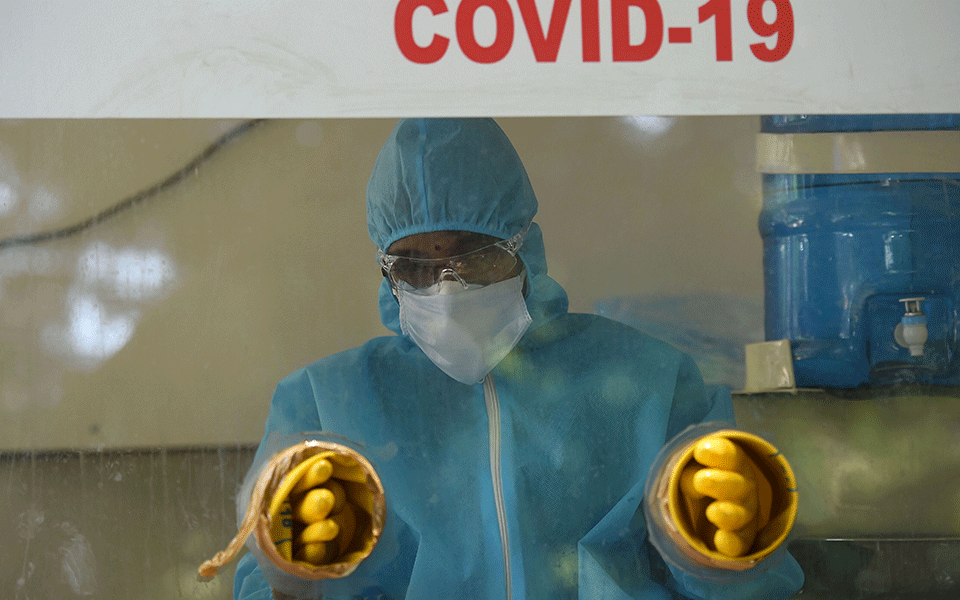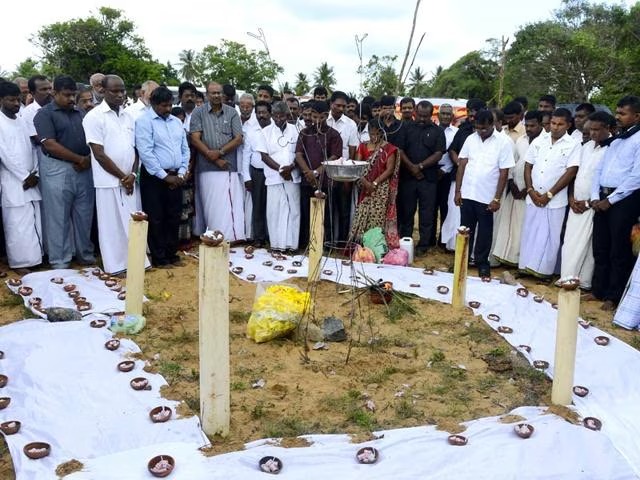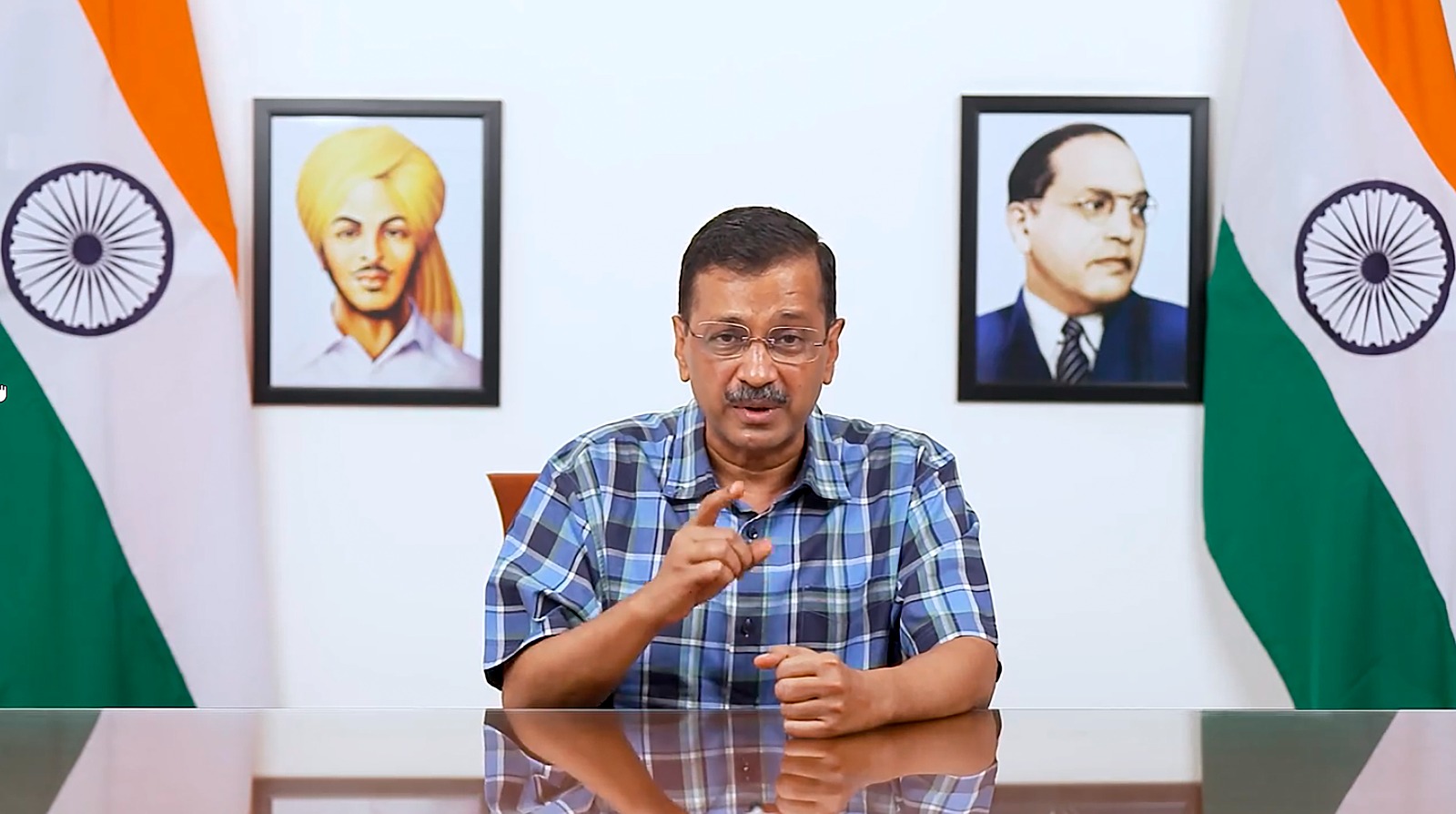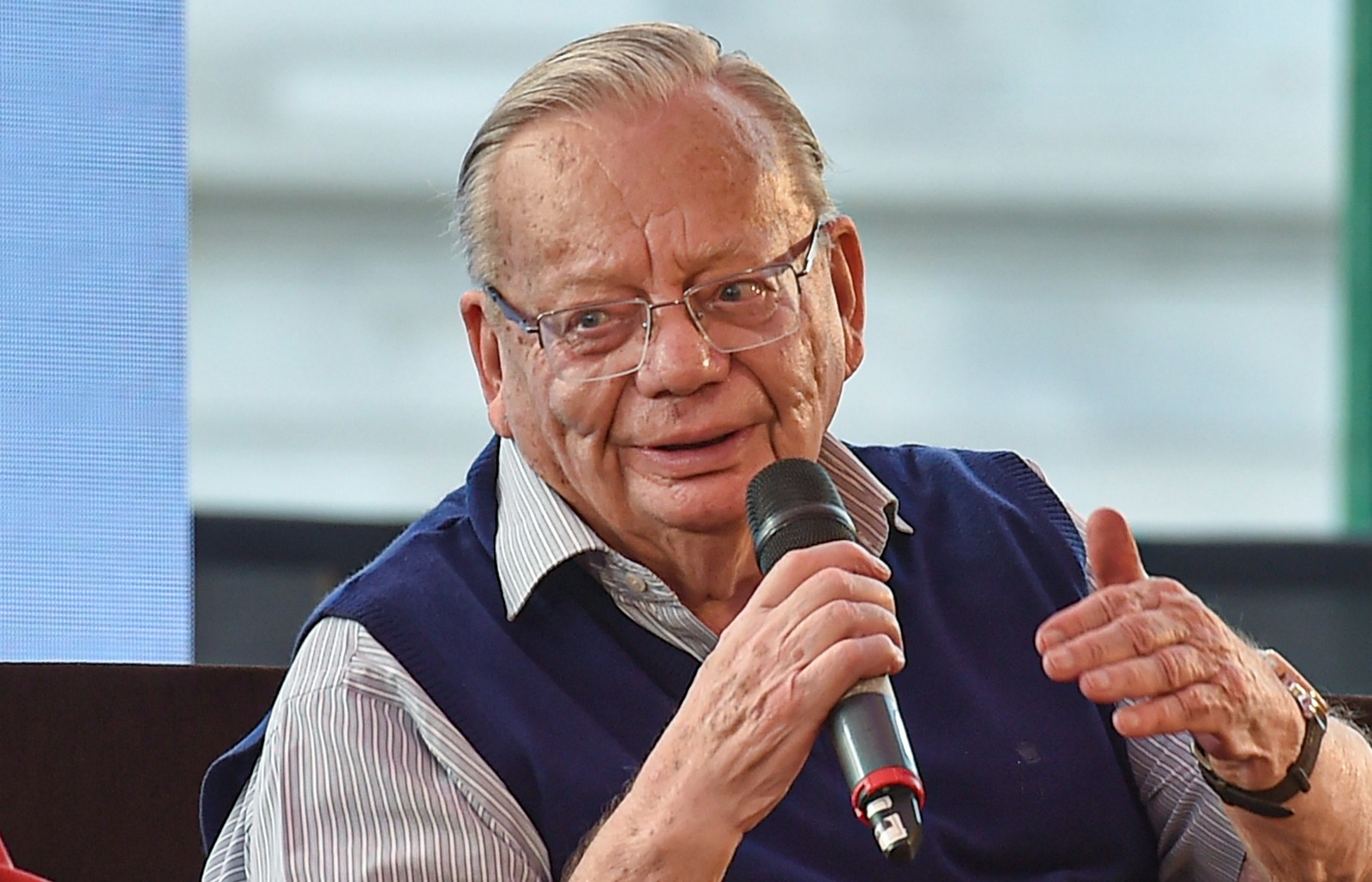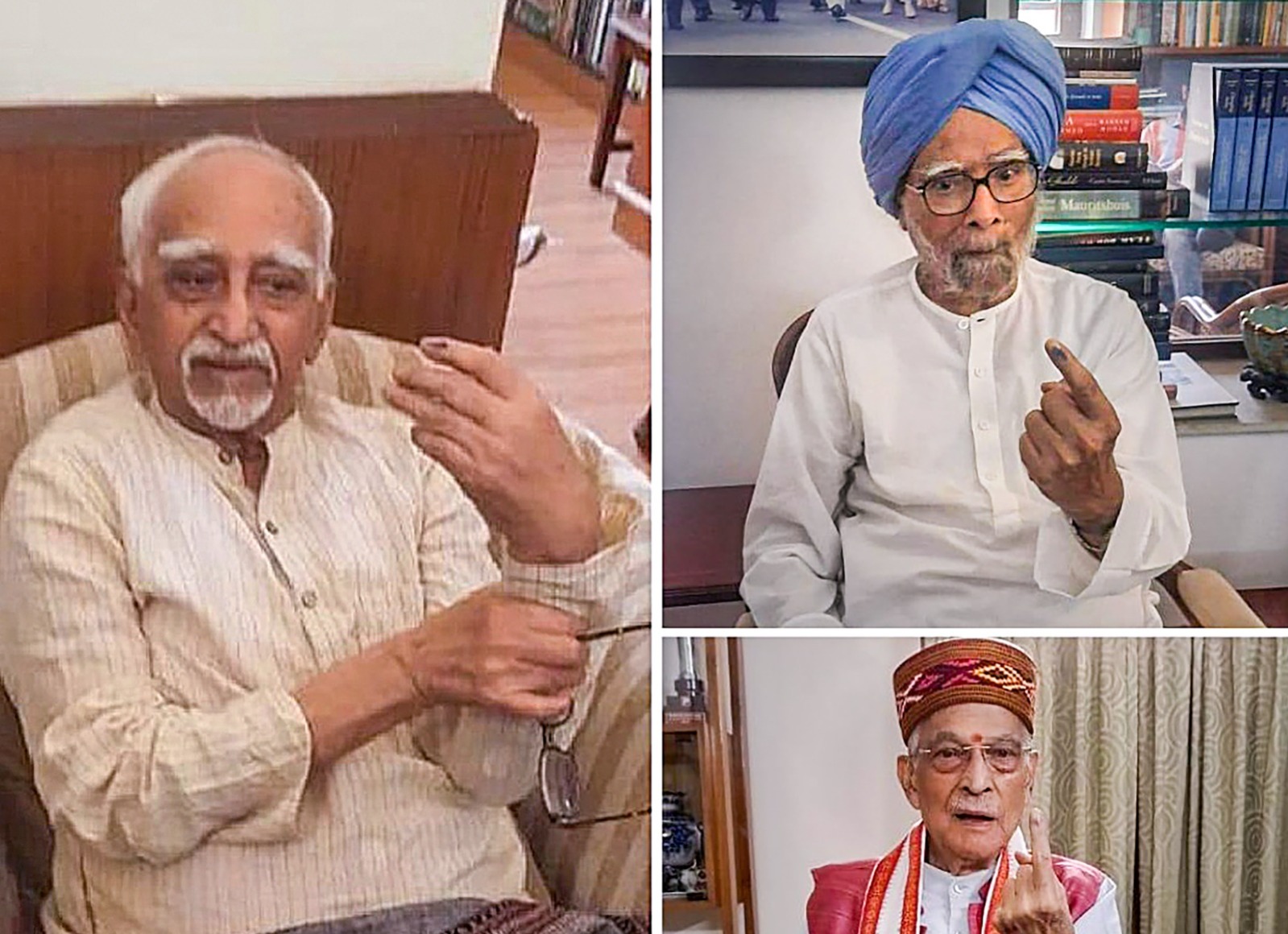New Delhi: Several states and union territories, including Maharashtra, Punjab and Delhi, have announced closure of schools or suspended classes briefly till the COVID-19 situation is further reviewed in the wake of rising cases across the country.
Coronavirus cases in India hit a record daily high since the outbreak of the pandemic with over one lakh new infections pushing the nationwide tally to 1,25,89,067, according to Union Health Ministry data updated on Monday.
While a few states and union territories like Delhi, Gujarat, Tamil Nadu have announced closure of schools for an indefinite period, Uttar Pradesh, Rajasthan, Bihar and Punjab, among others, have suspended classes for a brief period. Schools have been directed to impart education through online classes in view of the situation.
In a presentation made by the ministry during the last review meeting of the cabinet secretary with states and union territories, it said Maharashtra and Punjab are the two worst-hit states in terms of their share in the total number of new cases and fatalities in the country in the last two weeks as on March 31.
The Delhi government had last week announced that no student will be called to school in the new academic session till further orders.
On Sunday, the national capital had recorded 4,033 coronavirus cases, the highest daily count this year, while the positivity rate rose to 4.64 per cent from 4.48 per cent a day ago, according to the Delhi health department.
The administration of the union territory of Jammu and Kashmir has announced that all schools for students up to class 9 will remain closed for two weeks from April 5.
The Uttar Pradesh government has extended to April 11 the closure of schools for students up to class 8. Earlier, the state government had shut schools for students up to class 8 till March 31.
In Maharashtra, which recorded 57,074 coronavirus cases, only students of classes 10 and 12, and candidates preparing for the MPSC exam will be allowed to carry out their regular academic activities.
The Punjab government has ordered that schools in the state will remain shut till April 10. Earlier, it had ordered that schools and colleges be closed till March 31.
While in Gujarat, school for students of classes 1 to 9 have been shut for an indefinite period, the Rajasthan government has also suspended school for the same classes from April 5 to 19.
The Bihar government has deferred reopening of schools and colleges from April 5 to April 11. The Karnataka government, has taken a slew of decisions including shutting down boarding and residential hostels for primary and secondary schools and optional attendance for students of classes 10, 11 and 12.
In Madhya Pradesh, the government has decided to close all schools in the state up to class 8 till April 15, while in Tamil Nadu, schools in the state have been shut for classes 9, 10 and 11 from March 2 until further notice.
Schools and colleges in Chhattisgarh were ordered to be closed by the state government on March 22 due to a surge in COVID-19 cases. The government has not communicated any date for the reopening of educational institutes yet.
The union territory of Puducherry had asked all schools to close from March 22. The schools have only been closed for students of classes 1 to 8 while the lessons for higher classes are being conducted.
Schools across the country closed in March last year ahead of a nationwide lockdown to contain the spread of the novel coronavirus. The schools remained closed for months and teaching and learning continued online. Several states started reopening schools partially in October last year.
Class 10 and 12 board exams which usually happen in February-March are scheduled to be conducted in May-June this year.
Let the Truth be known. If you read VB and like VB, please be a VB Supporter and Help us deliver the Truth to one and all.
Colombo (PTI): Sri Lanka on Saturday marked the 15th anniversary of the end of the armed separatist campaign with Tamils holding a series of events throughout the former conflict zone in the north and east regions to remember their dear ones killed in the clashes.
However, in many areas, police and the government troops were accused of attempting to disrupt the memorial events.
The Liberation Tigers of Tamil Eelam (LTTE) had run a military campaign for a separate Tamil homeland in the northern and eastern provinces of the island nation for nearly 30 years before its collapse in 2009.
On May 18, 2009, Sri Lankan army declared victory with the discovery of the body of the dreaded LTTE leader Velupillai Prabakaran.
Agnes Callamard, the Secretary General of the Amnesty International, visited the final battle site at Mullaivaikkal in the north-eastern Mullaithivu district to attend the commemoration.
“Today’s anniversary is a grim reminder of the collective failure of the Sri Lankan authorities and the international community to deliver justice to the many victims of Sri Lanka’s three decade-long internal armed conflict,” Callamard said.
She said the UN investigations have found credible evidence of crimes committed by both sides to the conflict - “yet there has been little by the way of an independent or impartial national inquiry.”
The police and the government troops were accused of attempting to disrupt the memorials leading to the day’s event in different parts. The troops maintained that in the guise of remembering the 'conflict dead', permission cannot be given for the events that celebrate the LTTE, a banned organisation.
The troops came under fire for arresting several Tamils, including women, for organising memorials.
In Colombo, police thwarted an attempt to disrupt a ceremony commemorating those killed in conflict. One person was arrested as he argued with police saying he was against the LTTE being commemorated, police said.
Meanwhile, the government’s celebration of the victory in the war is to take place on Sunday with the participation of Prime Minister Dinesh Gunawardena at the war memorial near parliament here.
The defence ministry has announced promotions to over 3,100 sailor and 1,300 soldiers to mark the victory over the LTTE ending the separatist campaign.

